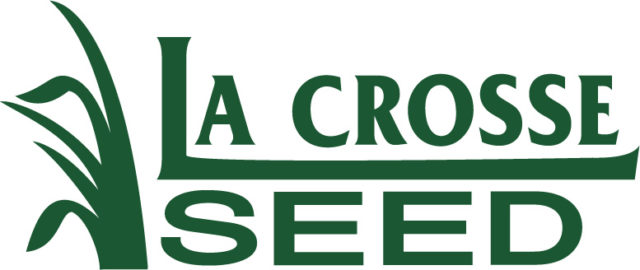"Late summer can be an excellent opportunity to establish forage crops, especially this year because growers faced significant weather issues in the spring and might be looking for alternative planting options,” said Craig Marsh, Syngenta agronomist.
“Summer alfalfa seeding has some unique risks, but with careful management it can be highly successful for growers.”
Tips for successful summer seeding:
• Seed as early as possible. Aim to start planting at least six to eight weeks before the first frost to ensure seeds develop a good root system.
• Plant seed in firm and moist ground. Seed when moisture is adequate or when a good rain system is in the forecast as warmer, dryer weather can increase risk of moisture stress during germination and seedling establishment.
• Avoid planting alfalfa immediately after older established alfalfa. Older alfalfa stands tend to have auto-toxicity problems, which result in reduced germination, viability and yield of the newly seeded alfalfa.
Summer seeding advantages:
• Late summer alfalfa seeding can be an excellent opportunity for growers with heavy, poorly drained soils. Many growers had extremely wet land this year after heavy rain and flooding this spring, which should now be more suitable for planting in warmer summer temperatures.
• Weed and insect infestation is generally not an issue with summer planting and seldom hurts stand establishment.
• Alfalfa yields from summer seeding are often higher during the first production year than yields from spring seeding. FG
—Source: Syngenta Seeds news release








